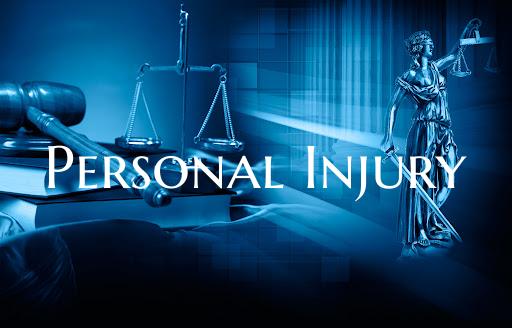
Personal Injury
When accidents occur due to the negligence or actions of others, individuals can suffer physical, emotional, and financial harm. These incidents can result in personal injuries, which may entitle the affected party to seek compensation through a personal injury claim. Understanding the nuances of personal injury claims is crucial for those who find themselves in such situations.
Types of Personal Injuries: Personal injuries can arise from various incidents, including car accidents, slip and falls, medical malpractice, dog bites, and workplace accidents. It's essential to document the details of the incident, including the time, date, location, and parties involved, as these details play a crucial role in proving liability.
Legal Elements of Personal Injury Claims: To succeed in a personal injury claim, the injured party typically needs to establish the following legal elements:
1. Duty of Care: The at-fault party owed the injured party a duty of care. 2. Breach of Duty: The at-fault party breached this duty through negligent or intentional actions. 3. Causation: The breach of duty directly caused the injuries sustained by the plaintiff. 4. Damages: The injured party suffered actual damages, such as medical expenses, lost wages, pain and suffering, and other related losses.
Compensation in Personal Injury Claims: In a successful personal injury claim, the injured party may be entitled to various forms of compensation, including:
1. Medical Expenses: Reimbursement for current and future medical costs related to the injury. 2. Lost Wages: Compensation for income lost due to the injury, including future earning capacity. 3. Pain and Suffering: Damages awarded for physical pain, emotional distress, and loss of enjoyment of life. 4. Punitive Damages: Additional compensation awarded to punish the at-fault party for gross negligence or intentional harm.
The Role of Personal Injury Lawyers: Navigating a personal injury claim can be complex, especially when dealing with insurance companies and legal procedures. Personal injury lawyers specialize in advocating for the rights of injured individuals, providing legal guidance, negotiating settlements, and representing clients in court if necessary.
Statute of Limitations: It's important to be aware of the statute of limitations for filing a personal injury claim, as failing to do so within the specified timeframe can bar the injured party from seeking compensation. Consulting with a personal injury lawyer promptly after an incident can help ensure all deadlines are met.
In conclusion, understanding personal injury claims is essential for anyone who has suffered harm due to the actions of others. By knowing the types of injuries, legal elements, compensation options, the role of lawyers, and the importance of timelines, individuals can navigate the process more effectively and work towards obtaining the compensation they deserve.
